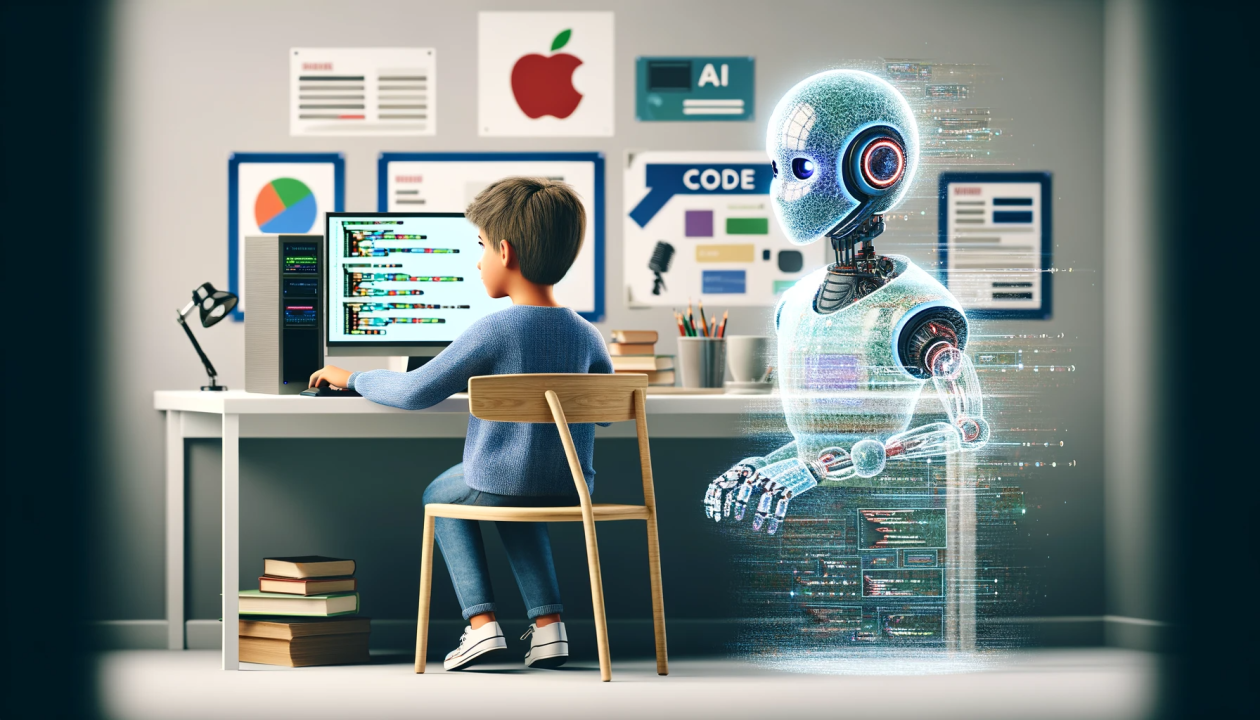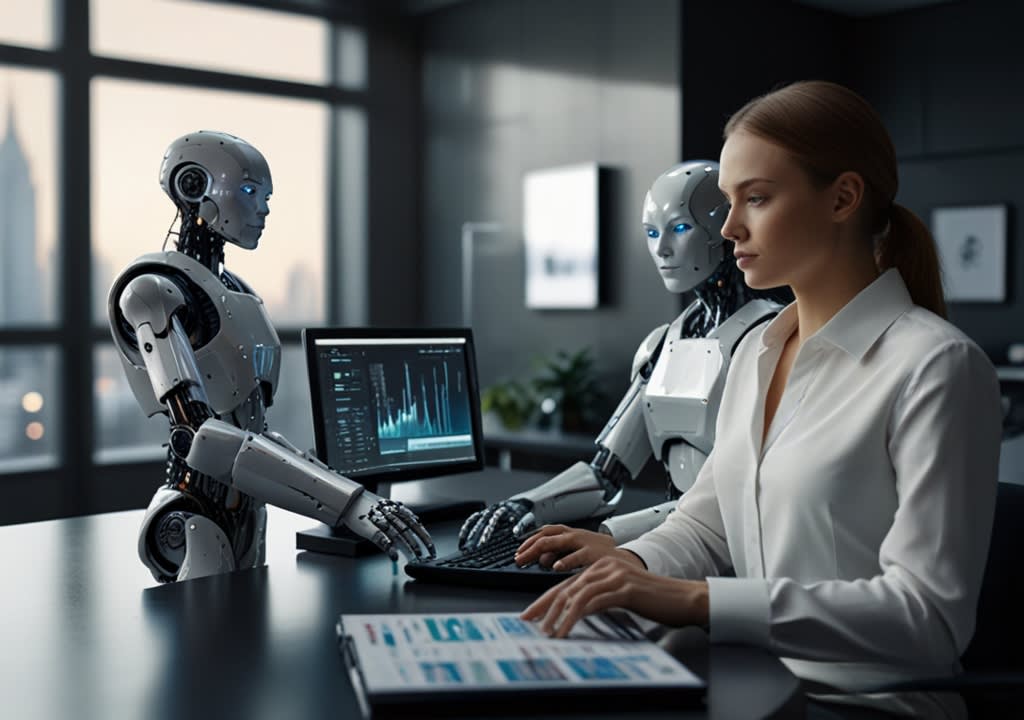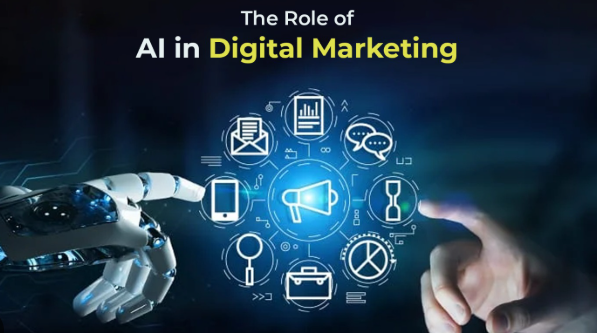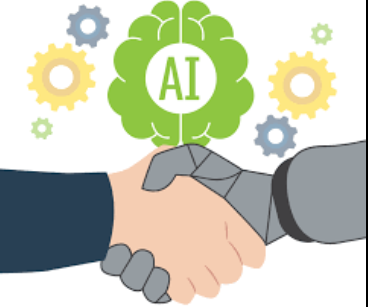The Future of AI-Generated Influencer Avatars in Marketing
Introduction
The marketing landscape is evolving rapidly with the rise of artificial intelligence (AI). One of the most groundbreaking developments in this space is AI-generated influencer avatars. These virtual influencers are reshaping digital marketing, offering brands new opportunities to engage audiences, enhance personalization, and improve cost efficiency. As technology advances, AI-driven influencer avatars are set to revolutionize brand promotion, customer interaction, and content creation.
The Rise of AI-Generated Influencer Avatars
AI-generated influencers are digital personalities created using machine learning algorithms, deepfake technology, and natural language processing (NLP). Unlike traditional influencers, these virtual entities can be designed to match brand identities precisely, ensuring consistent messaging and image alignment. Some well-known AI influencers, such as Lil Miquela and Shudu Gram, have already gained millions of followers, proving the viability of this concept in mainstream marketing.
Benefits of AI Influencer Avatars in Marketing
- Cost Efficiency – Unlike human influencers who demand high fees, AI-generated influencers operate at a fraction of the cost while maintaining engagement levels.
- 24/7 Availability – AI influencers never rest. They can continuously interact with audiences, provide responses, and create content at any time.
- Customization and Control – Brands have full control over AI influencers’ personalities, messaging, and appearance, reducing the risk of PR mishaps.
- Scalability – AI avatars can be easily replicated and adapted for various marketing campaigns, languages, and demographics.
- Data-Driven Insights – These digital influencers leverage AI-driven analytics to optimize engagement and tailor content to audience preferences.
Challenges and Ethical Considerations
While AI-generated influencer avatars bring numerous benefits, they also present several challenges:
- Authenticity Concerns – Audiences value real human connections, and AI influencers may struggle to build genuine trust and credibility.
- Ethical Issues – The use of AI influencers raises ethical concerns about transparency, disclosure, and potential misinformation.
- Legal Implications – Intellectual property rights, data privacy, and regulatory compliance remain critical issues that brands must navigate carefully.
The Future of AI-Generated Influencer Marketing
The future of AI-driven influencer marketing is promising. As AI models become more sophisticated, virtual influencers will integrate deeper with augmented reality (AR) and the metaverse, providing immersive brand experiences. Brands will likely blend AI influencers with real human ambassadors, creating hybrid campaigns that leverage the strengths of both worlds.
Moreover, AI influencers will play a crucial role in personalized marketing, offering hyper-targeted content based on consumer behavior and preferences. With continuous advancements in AI technology, we can expect these virtual personalities to become even more lifelike, emotionally intelligent, and capable of engaging audiences in more meaningful ways.
Conclusion
AI-generated influencer avatars are shaping the future of digital marketing. While challenges remain, their advantages in cost efficiency, scalability, and brand consistency make them a powerful tool for businesses. As technology progresses, AI influencers will continue to redefine how brands connect with their audiences, making marketing more innovative and dynamic than ever before.






Leave feedback about this